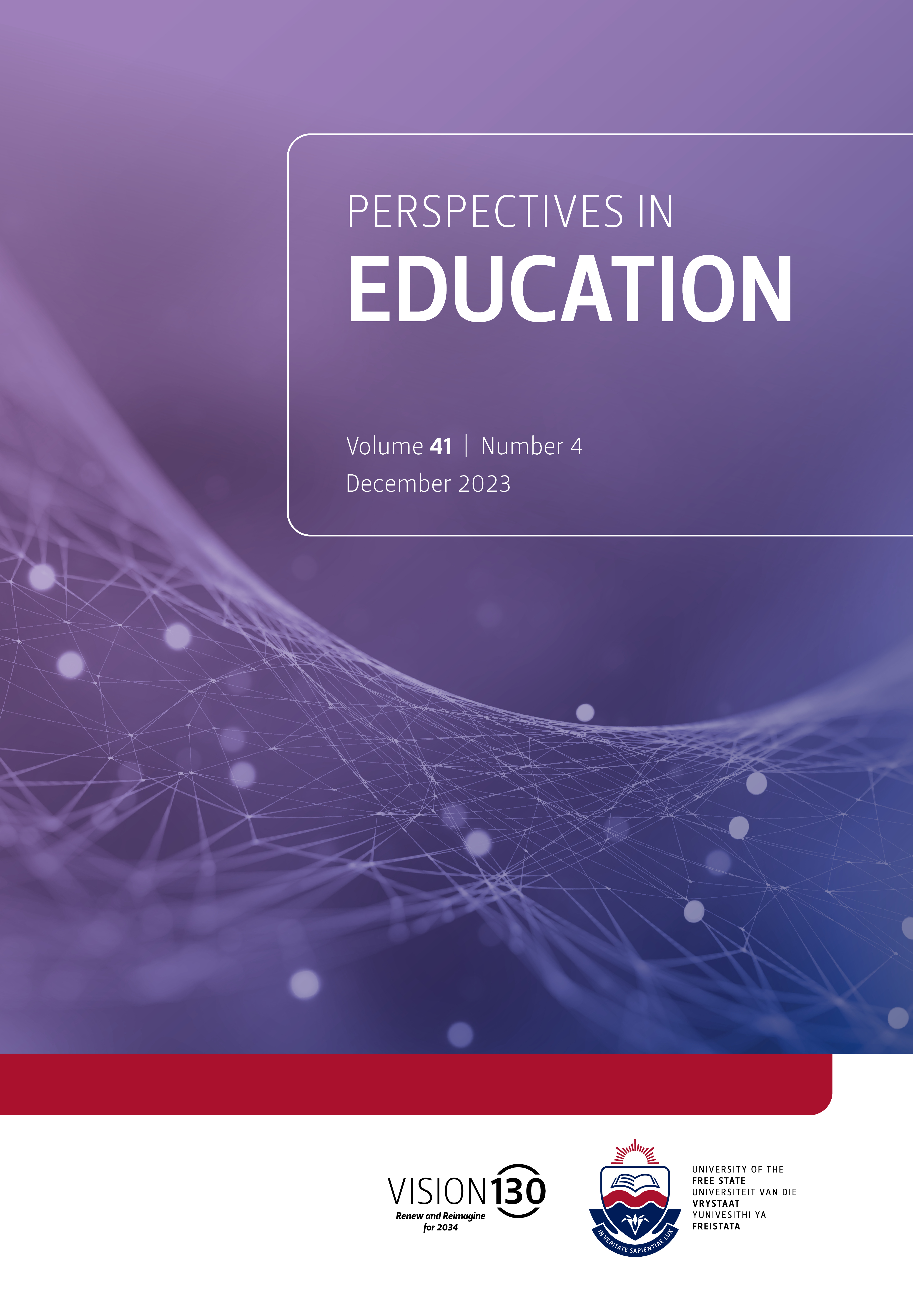Reflecting on why transformation students in a comprehensive bursary programme may be academically unsuccessful
DOI:
https://doi.org/10.38140/pie.v41i4.7221Keywords:
accounting, bursary, student success, thuthuka, transformation, attribution theoryAbstract
It is imperative that higher education institutions reflect on the success of transformation initiatives aimed at providing students with academic, financial, and other support. Programmes such as the Thuthuka Bursary Fund aim to provide students with a comprehensive bursary programme that offers multi-faceted support. By conducting interviews with 11 students who were previously in the Thuthuka bursary programme between 2017 and 2021, and lost their bursary at various stages of their undergraduate degree programme due to poor academic performance, this study qualitatively examined the effectiveness of multi-faceted bursary programmes in an attempt to determine, based on student reflections, what factors were the most prevalent in contributing to their poor academic performance. These students received a comprehensive bursary for student fees, accommodation, and other living expenses. The findings of this study suggest that various factors led to these students losing their bursaries, with the overarching factors including inadequately tailored mental health-focused support and mentoring based on the students’ specific needs. The interview participants noted that many of these support services were offered; however, the students opted not to make use of these. The findings suggest that academic success and the enhancing of wellbeing are interwoven; the specific context of bursary holders should be considered in programme design considerations. Of vital importance is the understanding of students’ backgrounds, as these present unique challenges to their integration into higher education institutions. The stigma of
asking for help should be eradicated as far as possible through specific design choices in the support offered to these students. The findings provide insight that can be used by various bursary programme planners to design their programmes better and to consider the effect of students losing their bursaries in the higher education environment system.
Downloads
##submission.downloads##
Published
How to Cite
Issue
Section
License
Copyright (c) 2023 Juan Mendelsohn Ontong, Sybil Smit

This work is licensed under a Creative Commons Attribution 4.0 International License.









